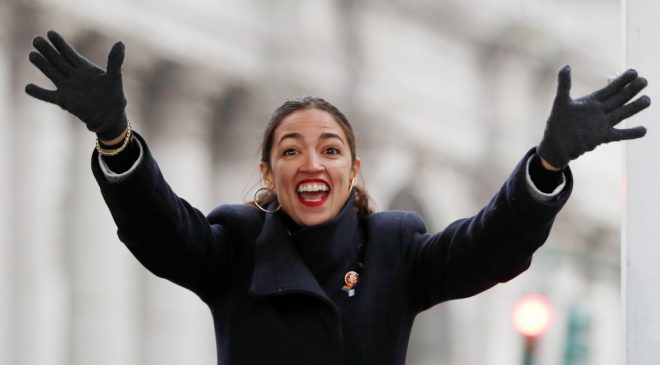Written by Predrag Rajsic for Mises.org.
The stateless market society—a peaceful social arrangement based on voluntary relations among individuals in which the state is not present—is not a popular idea. Many people believe that this society would lack the capacity to define and enforce property rights, and that this would result in chaos, tyranny of the rich or in a reversal to a state. This belief has led to a widespread dismissal of the stateless society paradigm.
Murray Rothbard is by many considered the champion of the stateless society doctrine. However, even Rothbard conceded that “there can be no absolute guarantee that a purely market society would not fall prey to organized criminality.”
While it is true that absolute guarantees for any social outcome are generally inappropriate, I argue that there are good reasons to believe that outcomes like chaos, tyranny of the rich, or even “organized criminality” in the absence of a state are unlikely.
To show this, I will assess the core economic forces that govern the development of any society and ultimately hold it together. This will show how the internal economic features of a stateless society provide incentives for nonviolence and cooperation and disincentives for violence, theft, and extortion. This analytical journey will also lead us to the realization that the glue that keeps state societies together in their current form may be nothing other than fear of an imagined enemy. As far as humans can overcome this fear, they can open the path to a stateless society.
Read the full thing »



